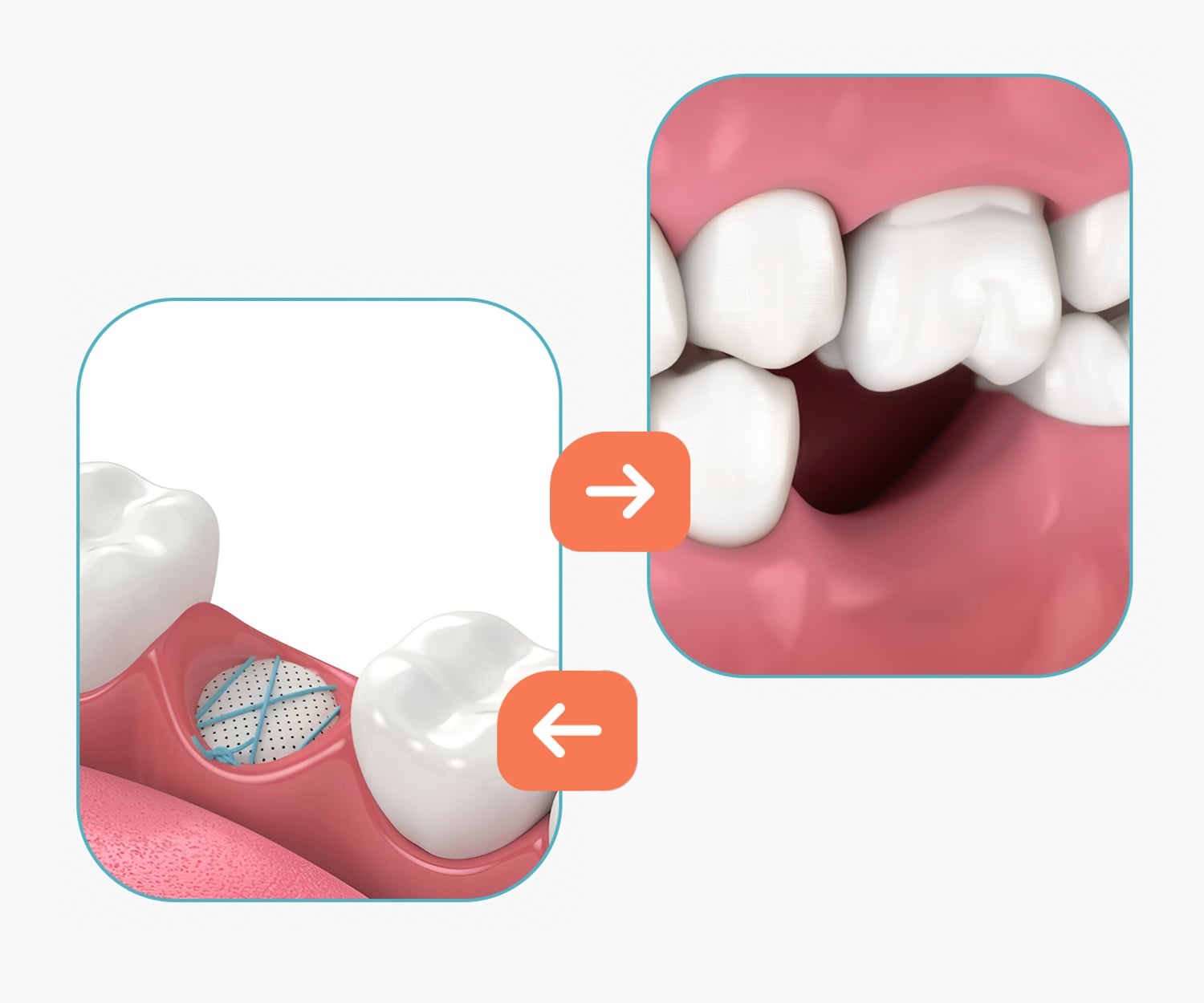To book a visit, sign up for a consultation. To clarify the details, our operator will contact you.
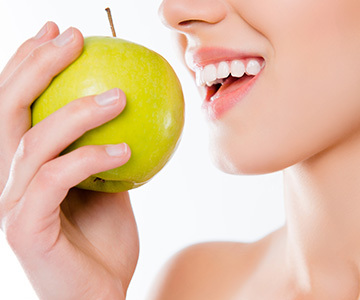
Nutrition And Oral Health
04 May 2023
Why Is Oral Health So Important?
In the 21st century, it is impossible to look beautiful without having a healthy, attractive smile. The function of teeth is not only to facilitate the function of chewing and digestion of food. A healthy oral cavity helps us pronounce sounds correctly and maintain the symmetry of facial features. When taking care of the health of the teeth, it is necessary to know about their structure. Enamel is the hardest tissue of the human body and is composed of approximately 95% calcium salts, that is why the food we eat every day plays a crucial role in maintaining the health of our teeth. The richer the food is in minerals, the healthier our teeth are. Blitz Dental-Kakhaber Kharebava Clinic recommends to follow a healthy lifestyle, eat balanced food, in order to maintain a healthy oral cavity for a long time. The advice of our professional doctors will help you achieve the desired result.
Required Minerals And Vitamins.
- Calcium - the main component of teeth is calcium, it is very important to take it with food. Calcium is contained in such products as: milk, cottage cheese, sour cream, fish, carrots, beets, legumes, almonds, grapes, honey, oranges, strawberries and so on.
- Vitamin D - a healthy balance of vitamin D is necessary for the absorption of calcium in the body. That is why, in clinical practice, there are frequent cases when medicines prescribed for teeth healing contain vitamin D along with calcium. The human body has a unique ability to produce vitamin D when exposed to sunlight. Therefore, walking on a sunny day along with proper nutrition will help you maintain a healthy and attractive smile.
- Phosphorus - Phosphorus provides enamel strength. Without the proper balance of this substance, the tooth would not be able to perform its function. That's why Blits Dental - Kakhaber Kharebava Clinic recommends you to take enough phosphorus along with calcium. Green peas, nuts, cereal crops, celery, fish, meat, soybeans are distinguished by their high phosphorus content.
- Fluoride - this substance plays an important role in the health of the tooth enamel and strengthens the enamel's resistance to acids, which in turn provides an anti-caries effect.
- Iodine - Iodine provides tooth strength and to protect its balance in the body, it is recommended to take iodized salt.
Food Rules That Prevent The Development Of Caries
"Blits Dental - Kakhaber Kharebava Clinic" recommends:
- Reduce caries-causing carbohydrates in your diet. The easiest way to do this is to reduce sweetness, remove chocolate and sugar candies from the diet, and use honey instead of sugar in tea or coffee. It is important to know that honey contains natural sugars that cannot be processed by oral bacteria.
- Increase your intake of plant-based fiber. It contains fruits and vegetables. Cellulite cannot be processed by oral bacteria, so they cannot use it as food for reproduction.
- Be sure to pay attention in what form you take fruits and vegetables. It is more beneficial to eat a whole apple or carrot than to have the same pre-grated or in the form of juice. Cool foods naturally clean teeth, strengthen enamel, and help keep teeth healthy.
- Often take products that increase the secretion of saliva. These are sour fruits and vegetables, meat (protein) and cabbage stews. Saliva has antibacterial properties, and therefore it is one of the most effective means of caries prevention, because saliva washes away bacteria from the teeth. It contains the antibacterial substance lysozyme and calcium, penetrates into the enamel and strengthens it.
- Drink plenty of water - Adequate water intake is directly related to dental and oral health. Drinking water can strengthen your tooth enamel and make it less prone to cavities.
- It is recommended to practice oral hygiene both at home and visit the dentist once in 6 months.
- To take care of the oral cavity perfectly at home, we need both a brush and tools used to clean the spaces between the teeth - among them, one of the most modern tools is an irrigator. An oral irrigator, using a jet of water, ensures the removal of plaque from the area between the teeth, the gums and the soft tissues of the palate and cheeks.
Treatment of edentulism (missing teeth) with a dental bridge is one of the most common and effective methods. A dental bridge allows for the restoration of both chewing function and smile aesthetics. It is a fixed prosthetic construction that is supported by healthy adjacent teeth and fills the space of a missing tooth. In this article, we will discuss what a dental bridge is, the types available, and how the placement process is carried out.
Missing teeth are no longer a problem! Dental implants offer the most advanced, durable, and natural-looking solution for restoring your smile. An implant, together with its crown, mimics a real tooth both aesthetically and functionally-helping you regain confidence, comfort, and a complete smile.
During pregnancy, hormonal changes can cause gum inflammation, bleeding, enamel erosion, and an increased risk of cavities. That’s why visiting the dentist during pregnancy is especially important.
Gnathology is one of the leading branches of 21st-century dentistry. It forms the foundation for any complex dental treatment planning
Tooth loss (edentulism) affects not only the appearance of your smile but also the overall functional health of your oral cavity
Dental veneers can be made from various materials, but ceramic (porcelain) veneers are the most widely used.
Modern aesthetic and functional dentistry is continually evolving, striving to identify restorative materials that combine exceptional strength
The eruption of baby teeth is one of the most important stages in a child’s early development.
Modern dentistry increasingly emphasizes the importance of orthodontic care.
Oral health care begins long before the first permanent tooth erupts.
A smile is one of the key elements of a person’s visual identity. It conveys confidence and positivity. However, the beauty of a smile is not only an aesthetic factor—it is directly connected to oral health.
Orthodontic treatment has long gone beyond the limits of traditional metal braces.
Dental implantation is the best method for restoring missing teeth. However, for the procedure to be successful, the jawbone must have sufficient volume and density.
Dental implantation is one of the most effective and safest surgical procedures in modern dentistry for restoring missing teeth.
Initial endodontic (root canal) treatment is usually successful and helps preserve the natural tooth.
Root canal treatment, also known as endodontic therapy, is one of the most frequently discussed yet often misunderstood dental procedures.
Tooth decay is one of the most common dental conditions, involving damage to the hard tissues of the teeth
Modern dentistry is constantly evolving, offering improved methods for solving complex issues.
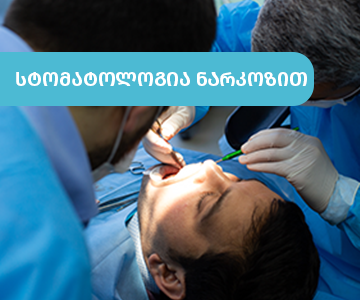
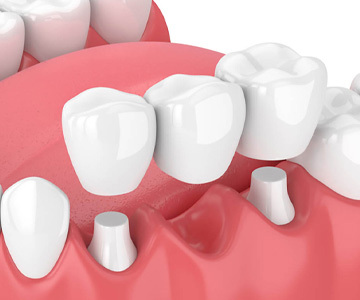
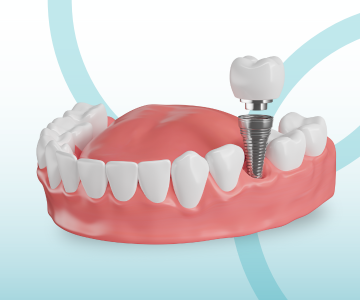
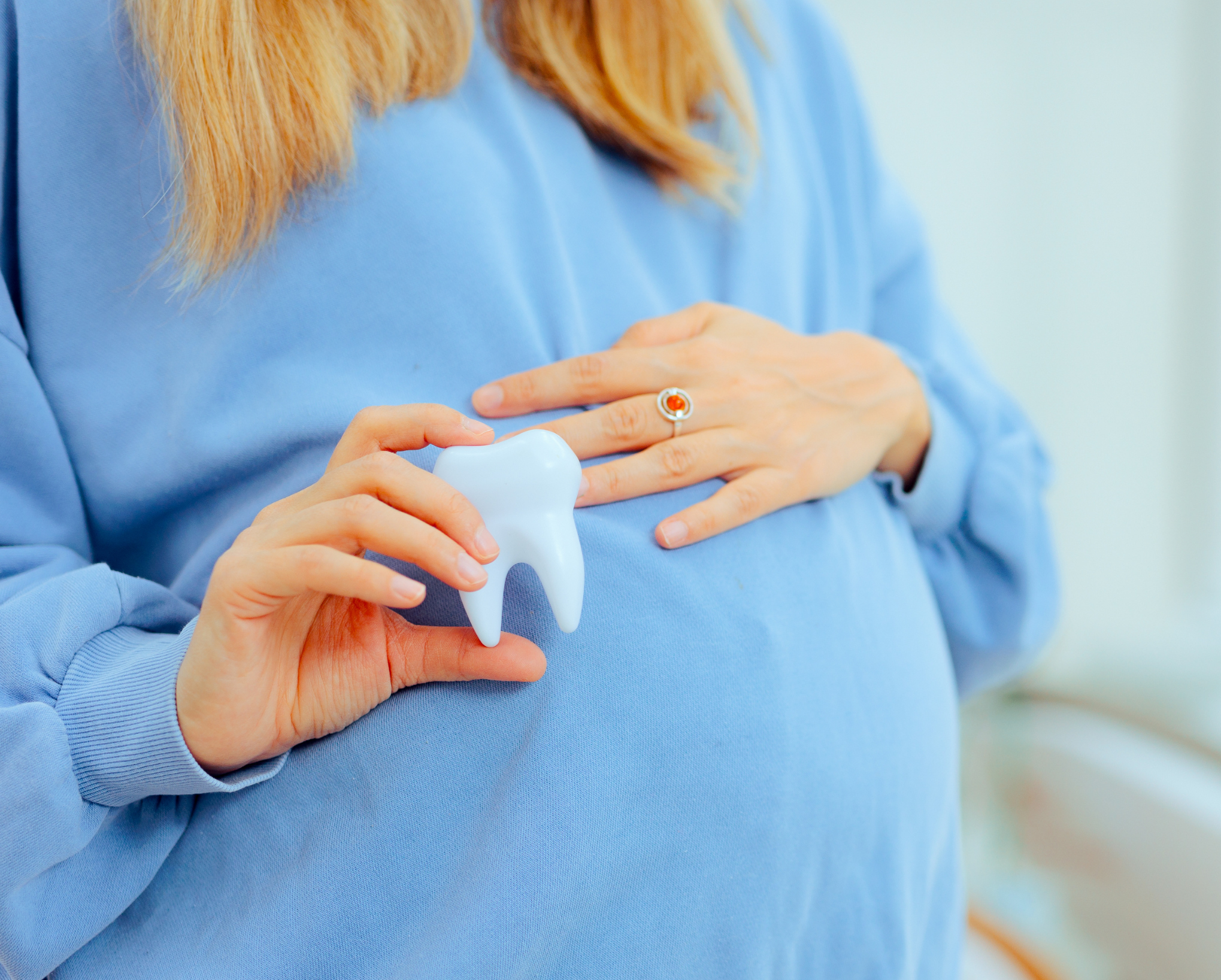
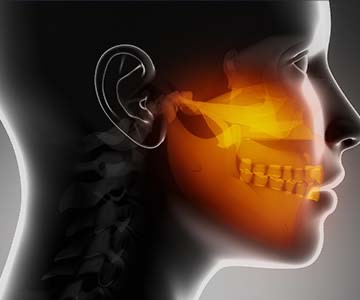
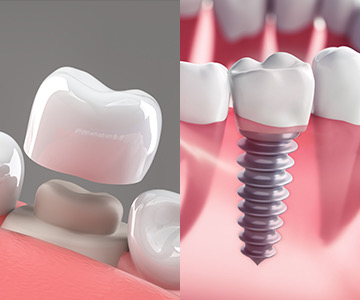
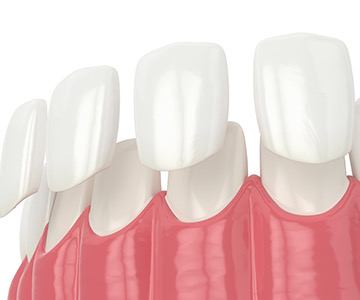
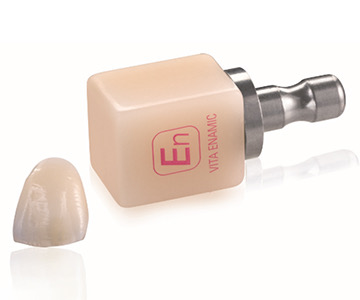

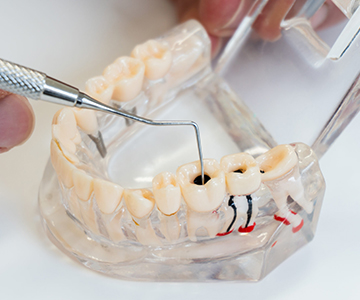
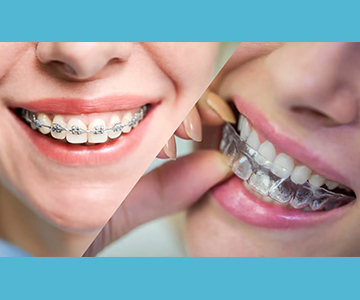
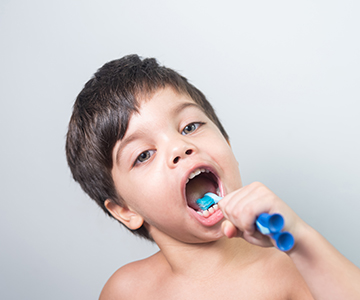
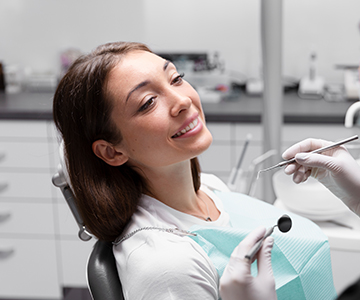
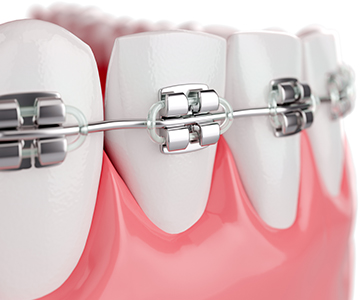
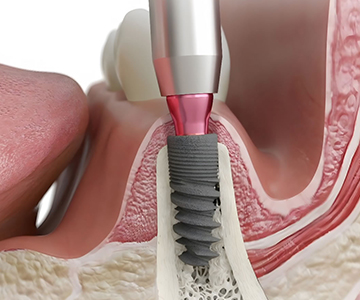
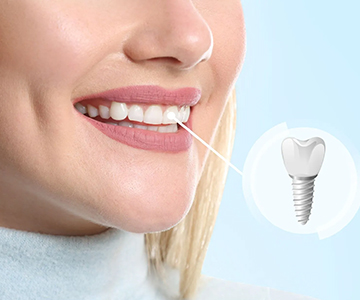
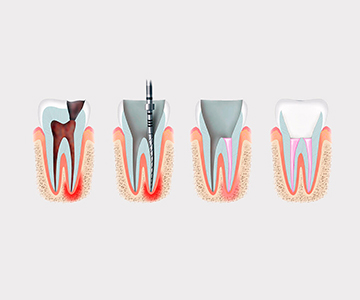
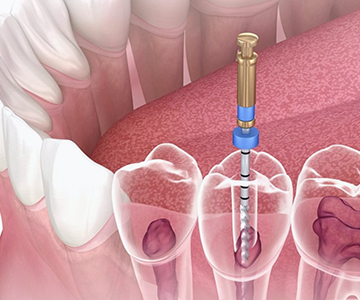
.jpeg)
